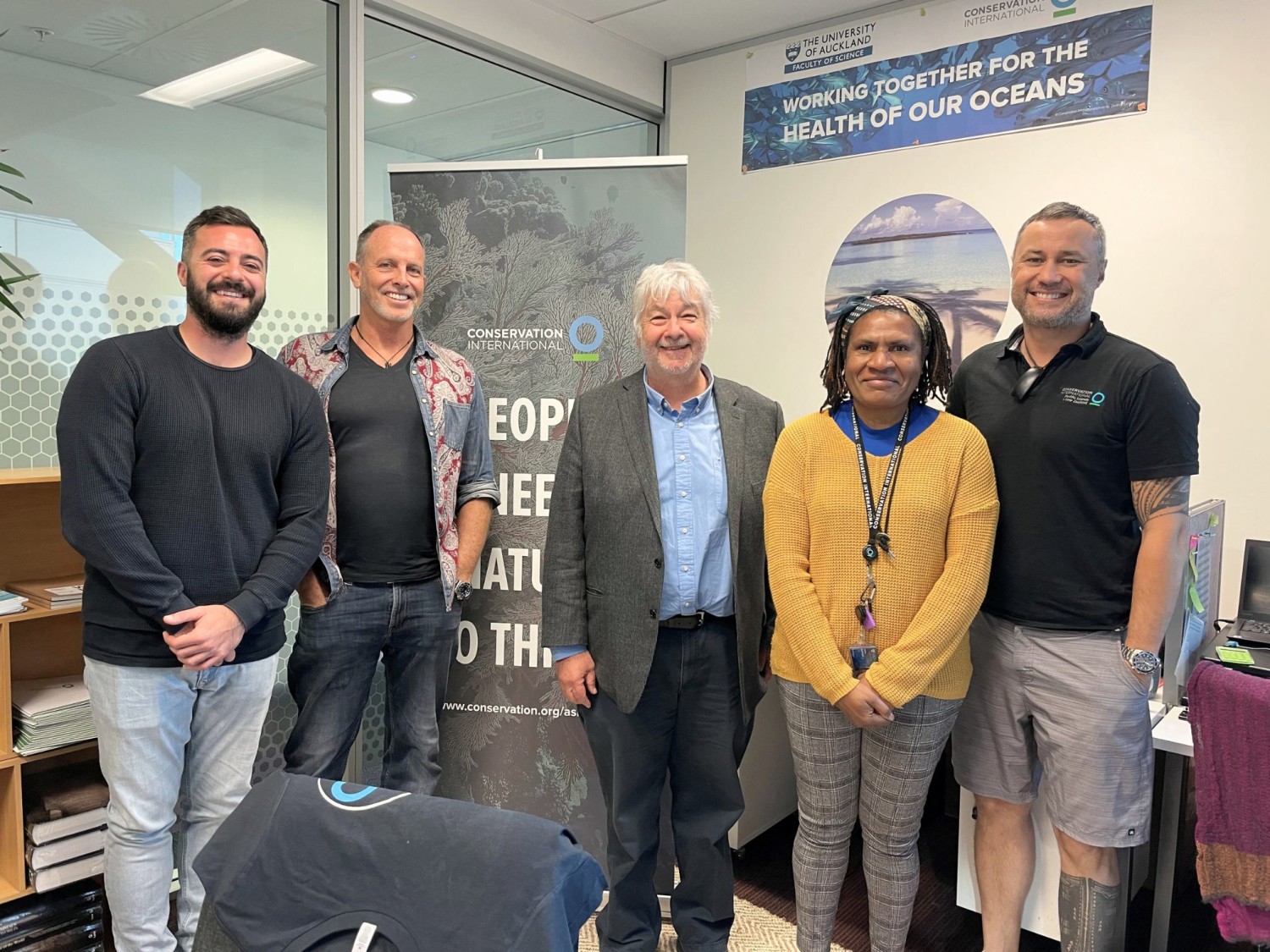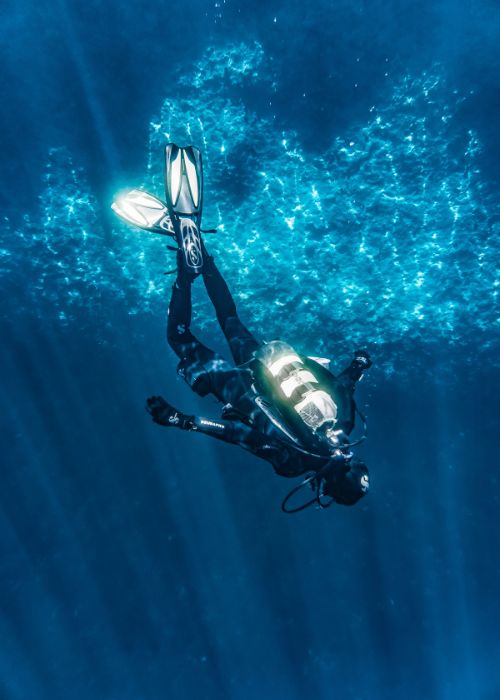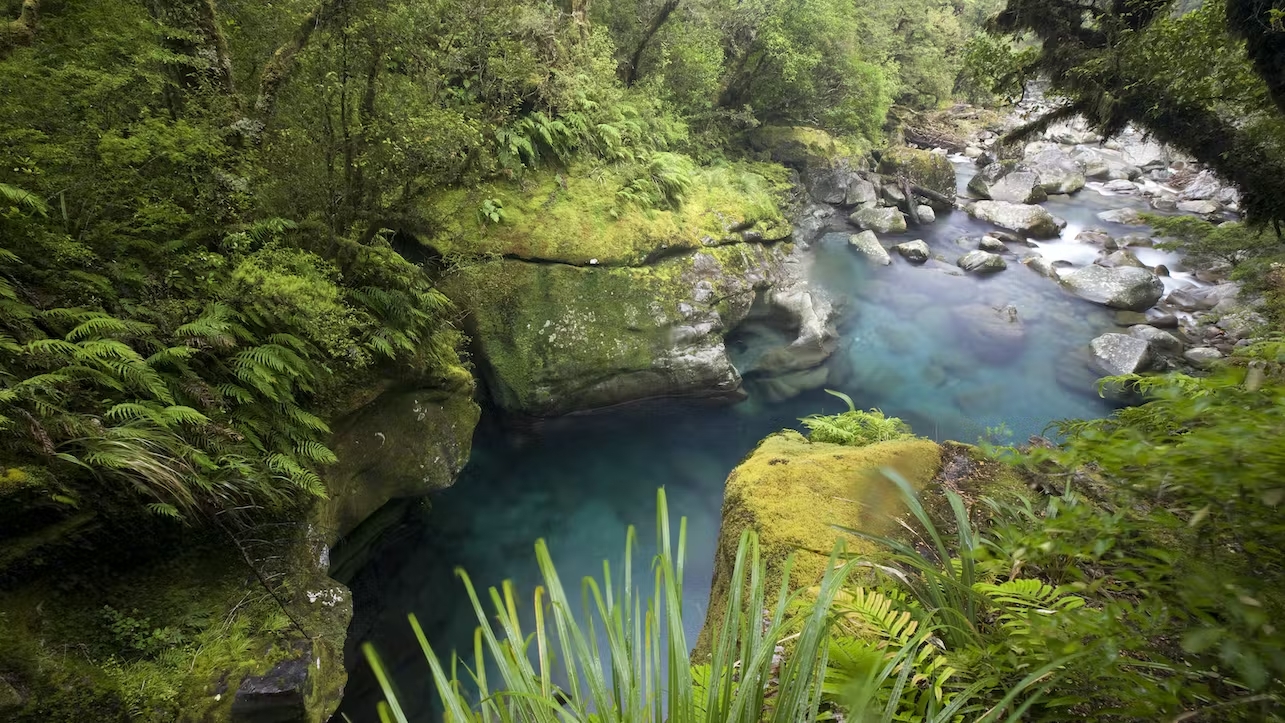The partnership, which maximises the networks and research capabilities of both organisations, came about under the late Sue Miller Tea, then director of CI’s New Zealand office and a University of Auckland alumnus who had been working across the Pacific for 25 years.
One of the great successes to come out of co-location at the University was the co-development of the Master of Marine Conservation.
The Pacific Islands are world leaders in combining traditional knowledge with Western science to implement locally relevant and sustainable solutions and CI already had staff and partners in the region. These staff, and others new to the industry, were poised to benefit from a New Zealand-based marine conservation programme.
New Zealand’s geographical location has reduced barriers to training early-career scientists, researchers and reserve managers from the Pacific Islands who wish to improve their skills in a range of fields, including marine protected areas and engagement with new research.
“When they return to their home countries, they will be equipped to translate their interdisciplinary knowledge into actions that will have significant impact on marine conservation,” said Erdmann.


